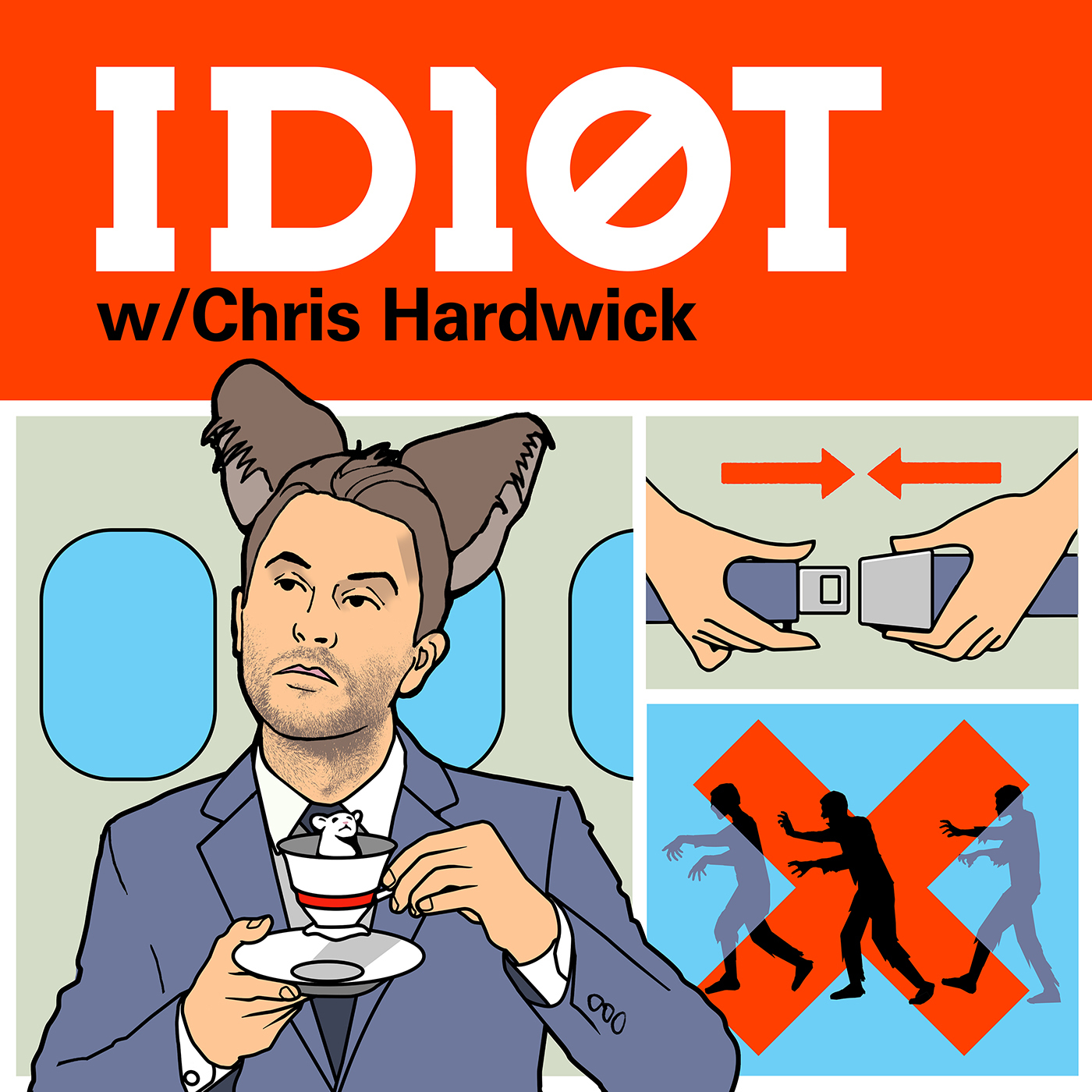Spelade
-
Melvyn Bragg and guests discuss how, in the Enlightenment, Immanuel Kant (1724-1804) sought to define the difference between right and wrong by applying reason, looking at the intention behind actions rather than at consequences. He was inspired to find moral laws by natural philosophers such as Newton and Leibniz, who had used reason rather than emotion to analyse the world around them and had identified laws of nature. Kant argued that when someone was doing the right thing, that person was doing what was the universal law for everyone, a formulation that has been influential on moral philosophy ever since and is known as the Categorical Imperative. Arguably even more influential was one of his reformulations, echoed in The Universal Declaration of Human Rights, in which he asserted that humanity has a value of an entirely different kind from that placed on commodities. Kant argued that simply existing as a human being was valuable in itself, so that every human owed moral responsibilities to other humans and was owed responsibilities in turn.
With
Alison HillsProfessor of Philosophy at St John's College, Oxford
David OderbergProfessor of Philosophy at the University of Reading
and
John CallananSenior Lecturer in Philosophy at King's College, London
Producer: Simon Tillotson.
-
Howie Mandel (comedian, Deal or No Deal, America's Got Talent) talks to Chris about getting the role on St. Elsewhere, the theories that stemmed from the St. Elsewhere finale and how he got his start in stand up. Howie also talks about the bit with the rubber glove, learning what kind of comedy was his style, dealing with mental health issues and America’s Got Talent!
See Privacy Policy at https://art19.com/privacy and California Privacy Notice at https://art19.com/privacy#do-not-sell-my-info.


